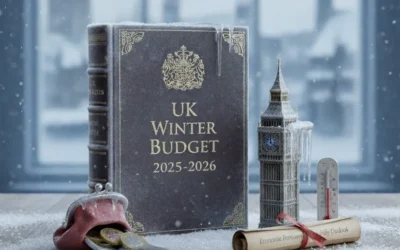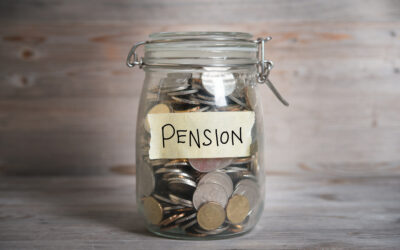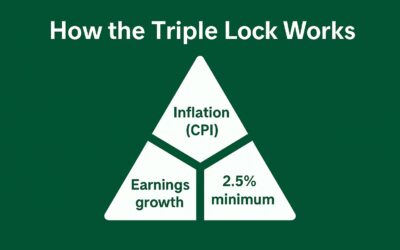That time of year has arrived again. How will you balance your finances in 2026?
Tuition fees head to £10,000
A government announcement has set tuition fees in England on a rising path once more
Your New Year financial resolutions
That time of year has arrived again. How will you balance your finances in 2026? Here are some ways to start reviewing your finances this January.
The Autumn 2025 Budget – A Balancing Act?
This year’s Budget risked becoming the winter budget, arriving as late as possible on the 26th of November after a long, rumour-filled run in.
Inheritance tax and pensions: the follow up
The government has published its reply to the many responses made to last October’s consultation paper on bringing pensions within the scope of inheritance tax (IHT).
Unloved LISA
With changes to Individual Savings Accounts (ISAs) expected in the Autumn Budget, one existing variant has been heavily criticised by the Treasury Select Committee.
Two views of the State pension
The future of triple lock increases for the State pension has been called into question by two well-respected groups of economists.
As summer fades, an Autumn Budget looms…
It is once more time to turn from sunny thoughts of summer holidays to contemplation of the Autumn Budget.
Company car popularity rises
New research from HMRC show company cars are becoming more common – and greener.








